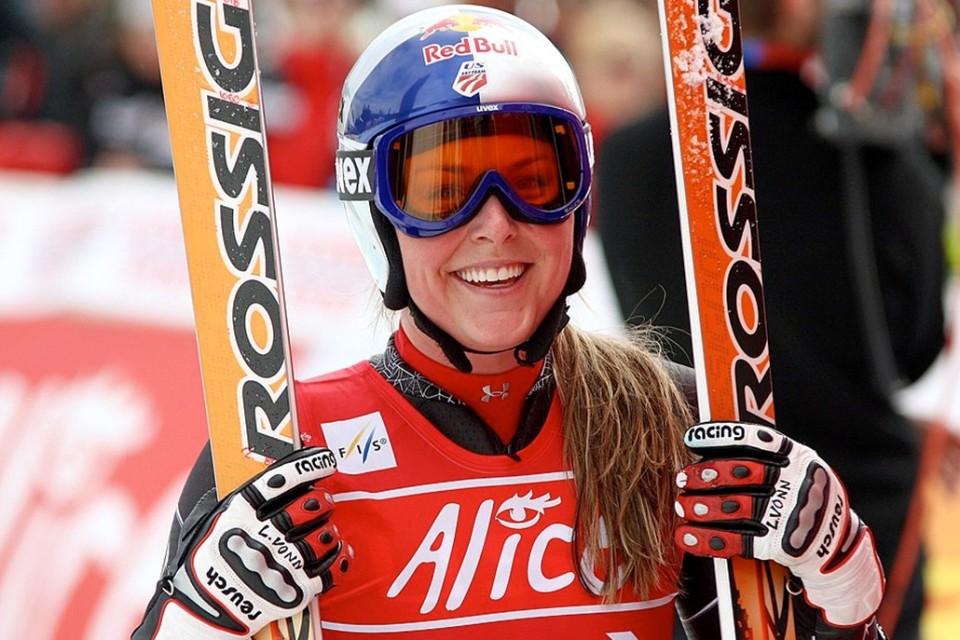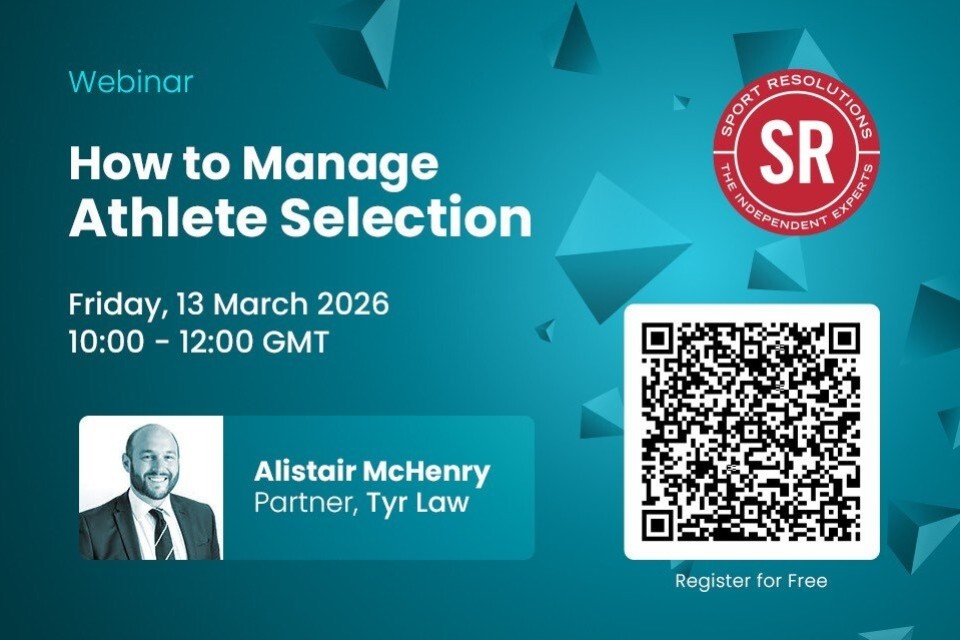Fri, January 10, 2020
IOC releases guidelines on Rule 50
To optimise for archiving, the original image and related documents associated with this article have been removed.
The International Olympic Committee (IOC) Executive Board and Athletes Commission have held their joint annual meeting in Lausanne, Switzerland where a range of topics were discussed in relation to the 2020 Tokyo Olympics, including guidelines on Rule 50 of the Olympic Charter.
Rule 50 states that “no kind of demonstration or political, religious or racial propaganda is permitted in any Olympic sites, venues or other areas” and the IOC Athletes Commission has now provided guidance to athletes on this rule. The Commission states that “the focus at the Olympic Games must remain on athletes’ performances, sport and the international unity and harmony that the Olympic movement seeks to advance” and that “it is a fundamental principle that sport is neutral and must be separate from political, religious or any other type of interference. Specifically, the focus for the field of play and related ceremonies must be on celebrating athletes’ performance and showcasing sport and its values.”
The most famous politically charged protest at an Olympic Games came in 1968 at the Mexico City Olympics during the 200-metre medal ceremony when both the gold medallist and bronze medallist, Americans Tommie Smith and John Carlos, raised their fists in order to protest the racial inequalities in America at the time. In August 2019 at the Pan-American Games American Gwen Berry also raised her fist, the symbol for the civil rights movement, at the end of the American national anthem whilst fencer Race Imboden knelt during the anthem for which they were placed on probation for 12 months.
It is not just political or racial demonstrations that Rule 50 wishes to prohibit as the Commission also states that “there is a need to respect other athletes and their moment of glory, and not to draw attention away from that in any way. With demonstrations on the field of play, at the Olympic Village or during the official ceremonies, the dignity of the competition or the ceremony in question is destroyed for all the athletes concerned.” It is likely that this section comes in response to both Australian swimmer Mack Horton and British Duncan Scott who refused to share a podium with Sun Yang amidst claims that the Chinese swimmer has committed doping violations.
The punishment that will face athletes will be taken on a case by case basis by the IOC, the national Olympic body and the relevant sports governing body. Athletes are still permitted to express political opinions or their opinions on other competitors such as at media interviews or via their social media accounts.
You can read the full Athletes Commission guidelines here.



